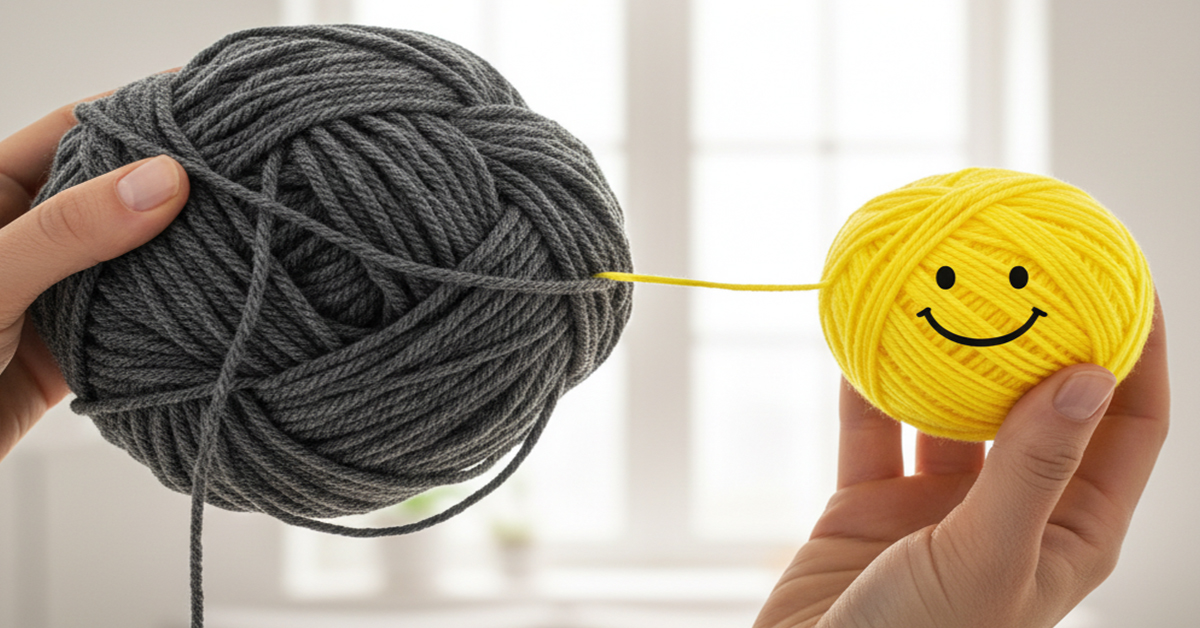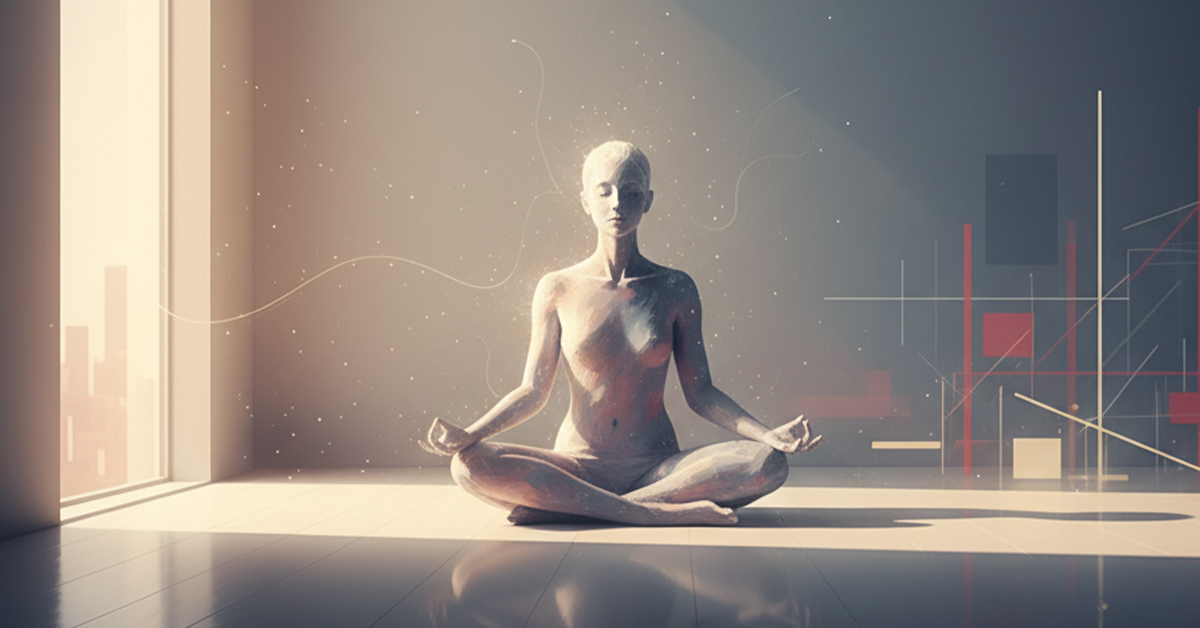We all have them—the daily rituals and routines that shape our lives. We often think of habits as building blocks for success, whether it’s waking up early to exercise or consistently saving a portion of our income. But what if some of these seemingly innocuous habits are actually sabotaging our well-being and chipping away at our happiness? It’s a question worth asking, because the path to a more joyful life might not be about adding more to your plate, but rather about letting go of what’s holding you back.
One of the most common culprits is the “comparison trap.” In today’s hyper-connected world, a quick scroll through social media exposes us to an endless highlight reel of other people’s lives—perfect vacations, career milestones, and seemingly effortless achievements. We start comparing our messy, unfiltered reality to their curated perfection. This constant comparison fuels feelings of inadequacy and discontent. The antidote isn’t to stop using social media altogether, but to change how you engage with it. Remind yourself that what you see is a snapshot, not the full story, and focus on celebrating your own unique journey instead of measuring it against someone else’s.
Another subtle saboteur is the pursuit of perfectionism. We’ve been taught to strive for excellence, but when this desire morphs into a need for flawlessness, it becomes a heavy burden. Perfectionism often leads to procrastination, as we’re so afraid of not doing something perfectly that we don’t do it at all. It also robs us of the joy of “good enough.” Every moment spent agonizing over a minor detail is a moment stolen from enjoying the present. Releasing the need for perfection is an act of self-compassion, allowing you to embrace progress over flawless execution.
Then there’s the habit of chronic overthinking and rumination. We replay past conversations, worry about future possibilities, and analyze every decision to death. This mental hamster wheel exhausts our energy and keeps us from being present. It’s like trying to drive forward while constantly looking in the rearview mirror. Mindfulness and meditation are powerful tools to break this cycle. They teach us to observe our thoughts without judgment, helping us detach from the negative spiral and find peace in the now.
Finally, consider the habit of neglecting self-care. In our fast-paced society, busyness is often seen as a badge of honor. We fill our calendars to the brim and feel guilty for taking a moment to rest. But true happiness is unsustainable without a foundation of physical and mental well-being. A lack of sleep, poor nutrition, and no time for relaxation are all habits that drain our emotional reserves. Prioritizing rest, setting boundaries, and engaging in activities that genuinely recharge you aren’t luxuries—they are non-negotiable for a happy life.
Identifying these harmful habits is the first step toward change. It’s not about making radical, overnight shifts. Instead, it’s about making small, intentional choices each day to nurture your happiness. Start by asking yourself, “Does this habit serve me?” The answer might be the key to unlocking a more joyful and fulfilling existence.








